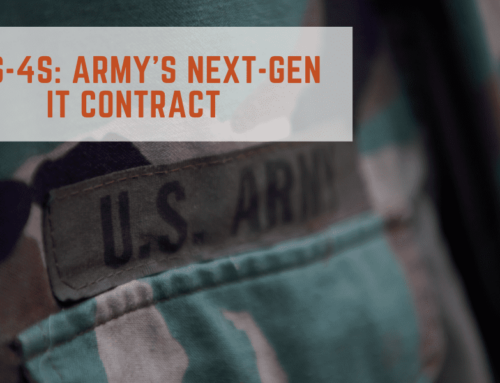Tony Franco, Esq. —
Representing government contractors for more than 25 years, I still find many who do not realize that certain terms in a teaming agreement may not be enforceable. Surprised, they ask, “What is the point of a teaming agreement if I can’t get the subcontracting work I was promised?” Not wanting to dissuade them from teaming in general, I try to persuade them not to pursue needless, costly litigation when their teaming partner is not giving them the subcontract work they expected to receive. Successfully taking such teaming partners to court is not easy unless the teaming agreement has been carefully crafted to ensure a subcontract results from the effort.
The Problem with Teaming Agreements
Unfortunately, many contractors do not understand that, unless there are very definitive and clear terms regarding the proposed subcontract, it will be very difficult to enforce the subcontracting commitment in the teaming agreement. Contract clauses that merely set out agreements to negotiate future subcontracts are not enforceable. Generally referred to as “agreements to agree in the future,” most courts do not enforce them because they are too vague and indefinite.
The Solution to the Problem
In order for proposed subcontractors to increase the likelihood that a court will find a teaming agreement enforceable, they should make sure it contains the following terms:
• A clear statement of work, including the percentage of work with defined tasks. By laying out details of the contemplated work share, disputes over the breadth and scope of a subcontract can be avoided.
• The proposed subcontracting price. This can be the most challenging aspect of an enforceable teaming agreement as the parties may not know the pricing to be proposed to the prime (and then the government) until significant proposal work has been done, which is usually undertaken after a teaming agreement has been executed. However, without a price for the work to be done, the enforceability of the agreement is at risk.
• A reasonable term regarding the duration of the teaming agreement and how it may be terminated. If the teaming agreement expires after a defined short period of time, the prime contractor can move on to perform the work on its own or with others.
Common Enforceable Clauses
As noted above, there are clauses in teaming agreements that can be enforced. For example, most teaming agreements provide for the parties to be exclusive to each other. Many companies go to court to enforce these rights, particularly when they believe their teaming partner was working with them exclusively but then drops off the team to work with another firm. Aggrieved by such a breach of contract, not to mention questionable business ethics, these cases can be very acrimonious and, in turn, costly to litigate.
Need to “Drive a Hard Bargain”
The flexibility teaming agreements offer to prime contractors make them take a very different negotiation stance with proposed subcontractors. Both parties may want to work together and make certain commitments up front, but the award of a subcontract should not be taken for granted by a proposed subcontractor. Because most teaming agreements only commit the prime to make a “good faith” effort to negotiate a subcontract, proposed subcontractors need to drive a hard bargain before they help a teaming partner win a contract. If you don’t force the prime to make an unequivocal commitment to give you clearly defined work, you should not be surprised if you do not get much or any work when all is said and done.
Note: Tony Franco is a senior partner at PilieroMazza PLLC with over 30 years of legal experience representing clients on business, corporate and government contracting matters.





Leave A Comment